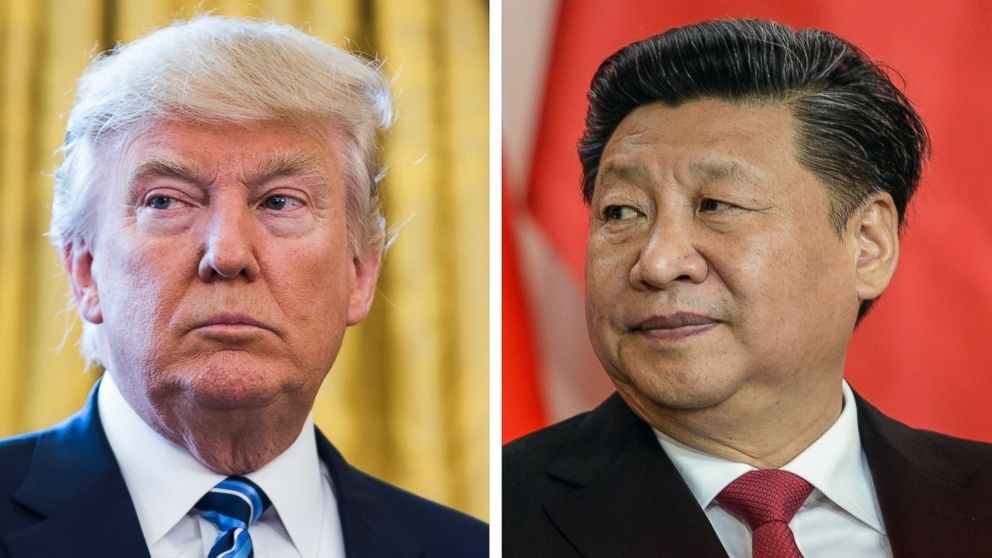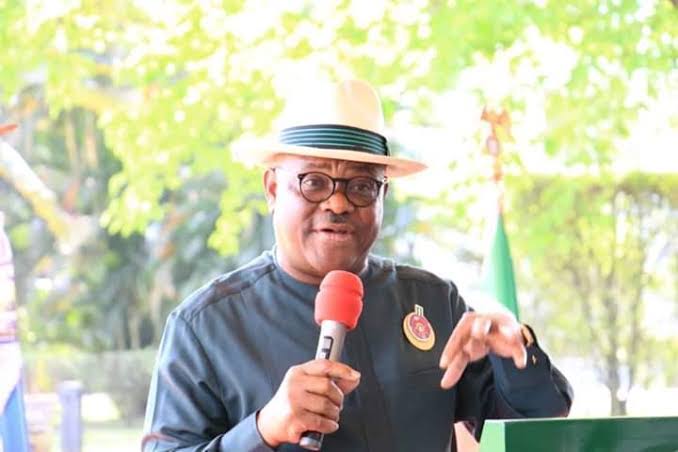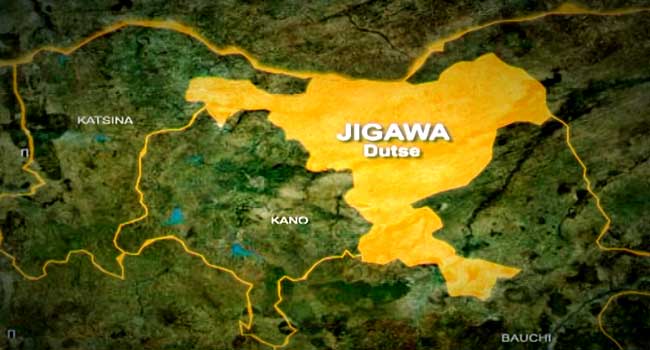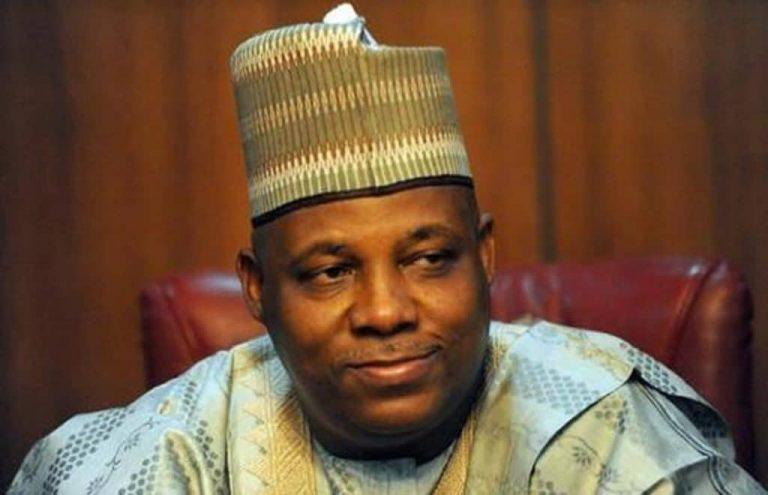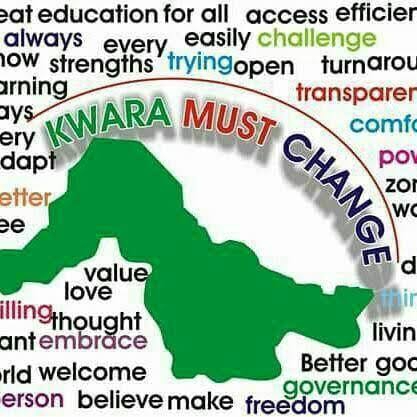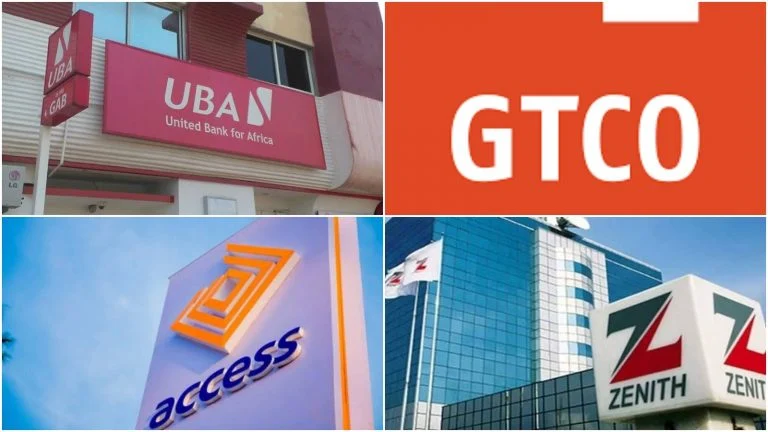2025 | Geopolitical talking points billed to dominate the news
The year 2025 ushers in a mix of renewal and challenge on the global stage. From Donald Trump’s dramatic return to the White House and Germany’s snap elections amid coalition turmoil to Gabon’s pivotal polls, the international community braces for a transformative year. Meanwhile, Brazil is set to host COP 30, a critical moment for climate diplomacy, and as the world prepares to honour the last of the World War II generation, The Informant247 looks ahead to what 2025 has in store.
1. Trump’s return to the White House
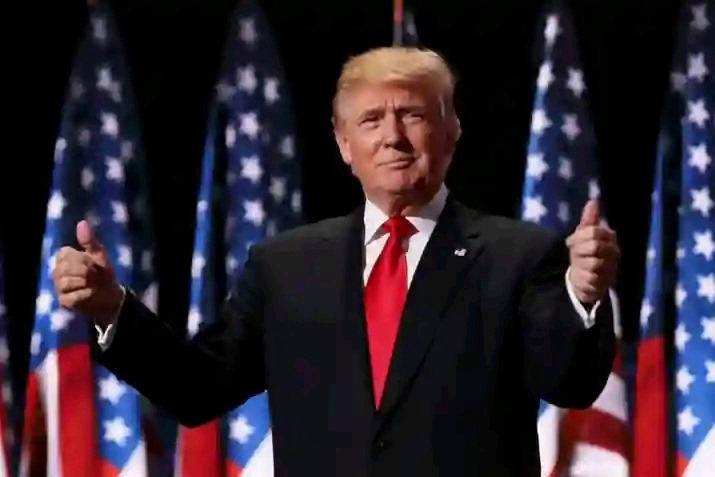
With less than three weeks until Donald Trump resumes office as America’s number one citizen on January 20, the international community—particularly nations with historically anti-American positions—faces mounting pressure to reassess their strategies and recalibrate their relations with Trump’s US.
The ever-controversial President-elect rode through a wave of odds to reach the pinnacle of American power and hierarchy in the November 5 election prompting some to tag him with the name “the MAGA Jesus” as a play on the biblical story of resurrection of Jesus Christ and Trump’s gospel of ‘Making America Great Again’ as acknowledgement of his America first policy.
Donald Trump’s second term in office is poised to play a crucial role in neutralising the numerous dangers lurking on the international stage or rather escalate tensions beyond the current status quo. As the world awaits his return, the outcome remains uncertain, with the potential to sway international dynamics in either direction.
2. Germany’s snap elections amid coalition turmoil
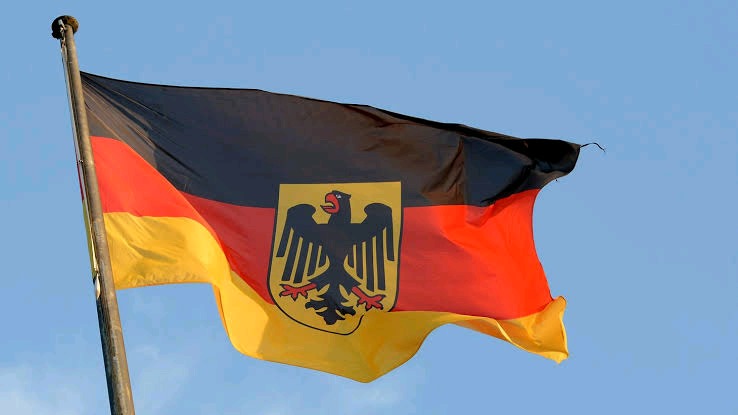
2025 brings an air of uncertainty to Berlin as the Bundestag, the federal parliament of Germany and the main legislative body of the country prepares for its fourth snap election in the nation’s post-Nazi history. A snap election became unavoidable following a government economic crisis that led to a fallout between German Chancellor Olaf Scholz and Finance Minister Christian Lindner, leader of the Free Democratic Party (FDP)—one of the three parties in Germany’s coalition government. This led to the government losing its majority, culminating in Olaf Scholz’s unsuccessful motion of confidence amid mounting opposition pressure.
In response, Scholz successfully proposed the dissolution of the Bundestag to Germany’s President, Frank-Walter Steinmeier, who set February 23 as the date for snap elections. All 630 seats in the Bundestag will be contested, as Scholz faces a herculean task to keep his party, the Social Democratic Party (SDP) at the helm of the incoming 22nd Bundestag amidst strengthened opposition.
3. Gabonese set to return to the polls

Elections are billed to be held in Gabon in August for the first time in two years, marking the concluding chapter of the military junta’s transitional rule. The junta came to power following the ousting of President Ali Bongo in a palace coup in 2023, which ended the 56-year reign of the Bongo dynasty. This dynasty began with Omar Bongo in 1967 and continued with his son, Ali Bongo, who assumed office after his father’s demise in 2009.
The coup followed Gabon’s contentious 2023 general election, in which President Ali Bongo controversially secured a third term with 64 per cent of the vote, sparking widespread public discontent. In a surprising turn of events, the coup was led by Brigadier General Brice Oligui Nguema, a cousin of Ali Bongo, at the helm of a coalition comprising the Gabonese Army and the Republican Guard. The military junta dissolved all state institutions, with General Brice assuming leadership as the country’s transitional president.
Under the transitional leadership of Brice, a constitutional referendum was held in November 2024, which ushered in several reforms, including the abolition of the position of Prime Minister and a revision of presidential terms to seven years. Interestingly, General Brice Nguema is expected to run in the upcoming elections in August.
4. World War II octogenary commemoration

September 2025 marks 80 years since the end of the Second World War in 1945. The octogenary celebration will be commemorated by several countries across the globe. The Victory in Europe (VE) Day will be celebrated on Thursday, 8th of May marking the conclusion of the war in continental Europe after the surrender of Nazi Germany on the 7th of May, 1945 with the United Kingdom setting aside £10M to mark the event. The Victory in Japan (VJ) Day will be observed on August 15 and it marks the surrender of Japan by Emperor Hirohito in August 1945 after the usage of atomic weapons by the US on Japan’s Hiroshima and Nagasaki which brought a definite end to the global conflict. The Pacific nation plans to commemorate the day by displaying panels at the Hiroshima Peace Memorial Museum and the Nagasaki Atomic Bomb Museum, institutions dedicated to remembering the destruction caused by the atomic bombings.
5. COP30 set to take place in Brazil

The United Nations Climate Change Conference, commonly known as the COP Conference, will return for its 30th edition in Belem do Para, Brazil, after the economic setbacks and disappointments of COP29 in Baku, Azerbaijan, in 2024. The host city, Belem do Para, will welcome international policymakers, climate change activists, and advocacy groups from November 10 to 21. The conference dubbed the “Amazon COP”, is set against the backdrop of Belem do Para’s proximity to the Amazon Rainforest, the largest tropical rainforest on Earth. COP30 aims to show the world the damages inflicted by climate change on the Amazon Rainforest in forms of wildfires and deforestation, its consequences on biodiversity, and the rights of indigenous tribes around the world as a reminder of the need for fast-paced responses to the adverse effects of the climate change.
More expectations
Beyond the above, 2025 is set to build on the political developments of 2024 across various regions. In the Middle East, the potential for a precipitous US withdrawal from Syria under President Donald Trump could unsettle regional dynamics, with implications for Turkiye and other neighbouring countries. Israel’s war in the region and the prospects for peace could swing in multiple directions. In Europe, the ongoing conflict in Ukraine continues to influence the European Union’s policies, with NATO allies seeking to support Kyiv in negotiations with Russia. In Africa, South Africa’s upcoming presidency of the G20 presents a unique opportunity for the Continent to amplify its priorities on the global stage. Meanwhile, in Asia, the Sino-American rivalry is expected to intensify, particularly concerning Trump’s anti-Chinese rhetoric. As geopolitics becomes increasingly unpredictable, global stability hinges on decisions made across multiple arenas.

